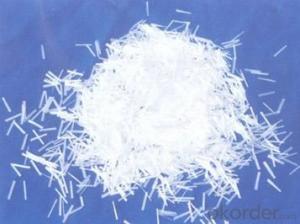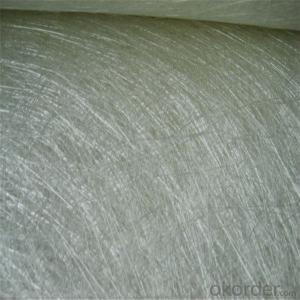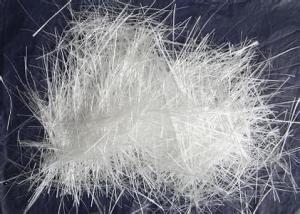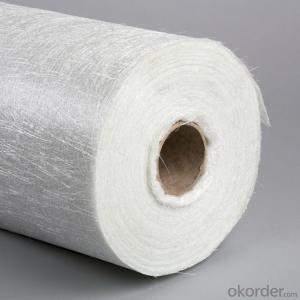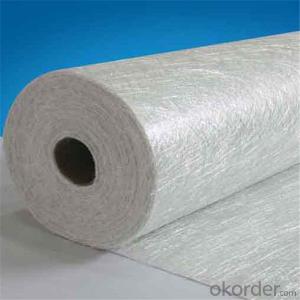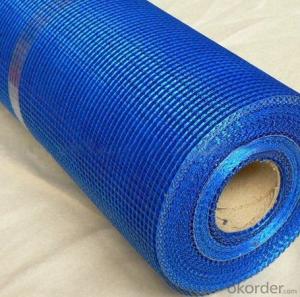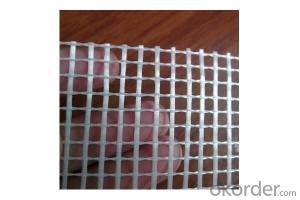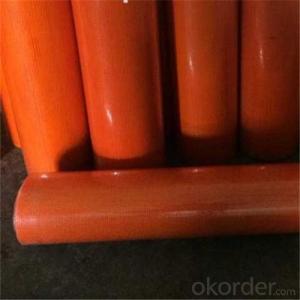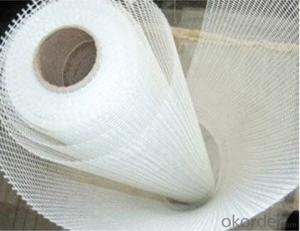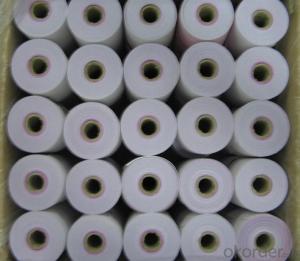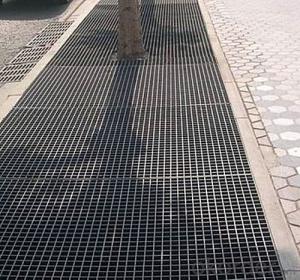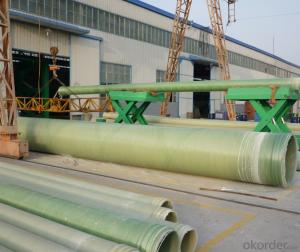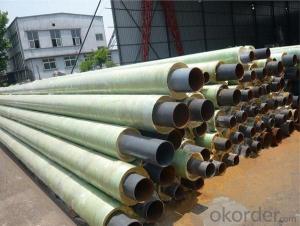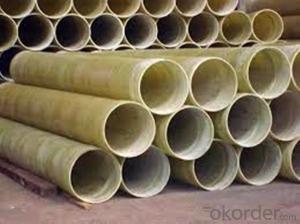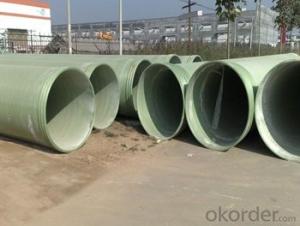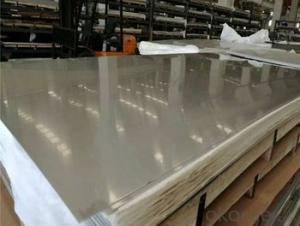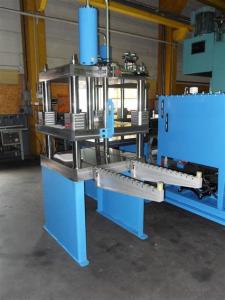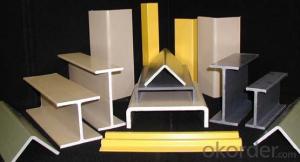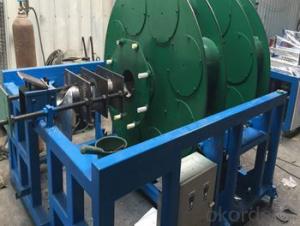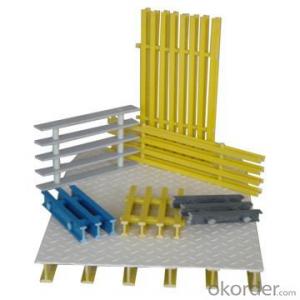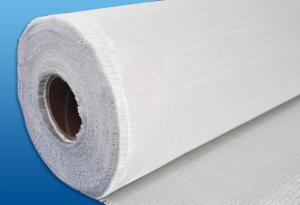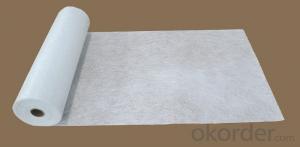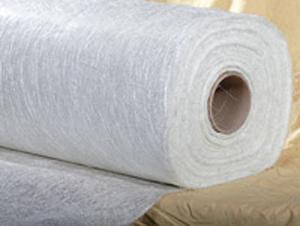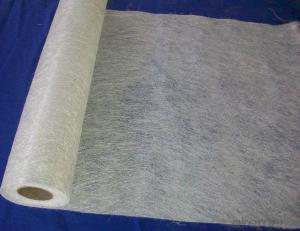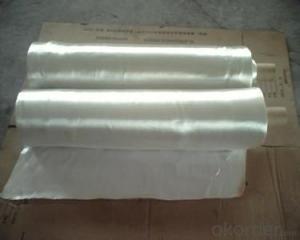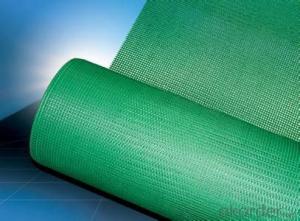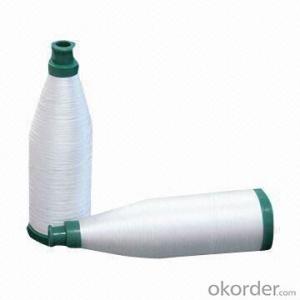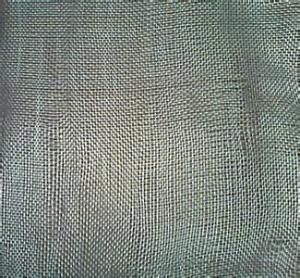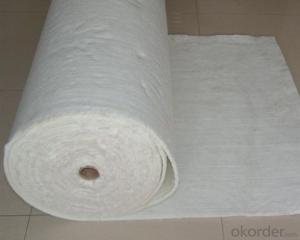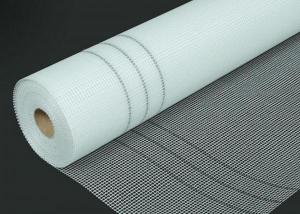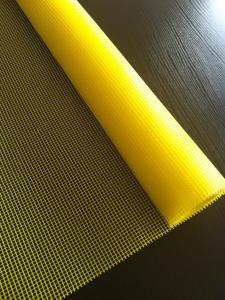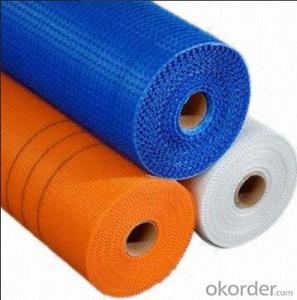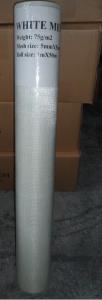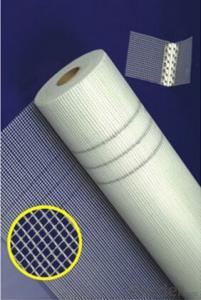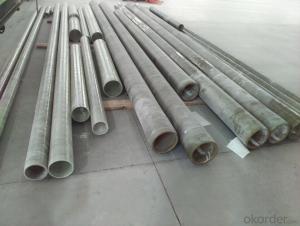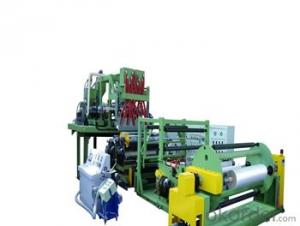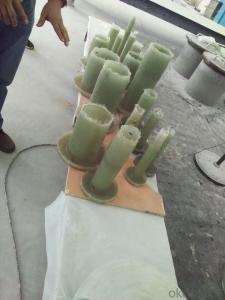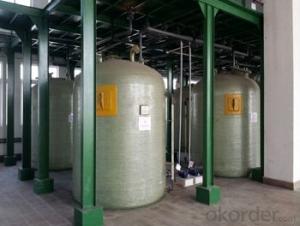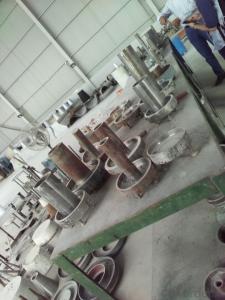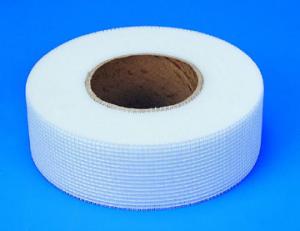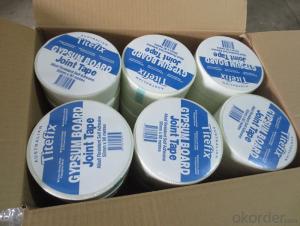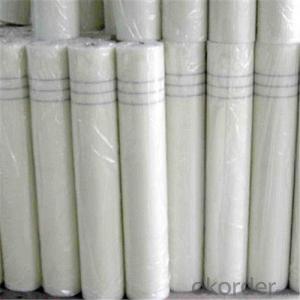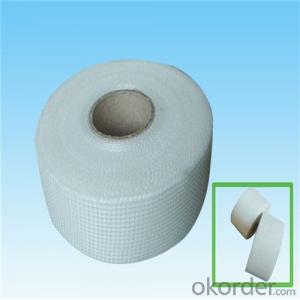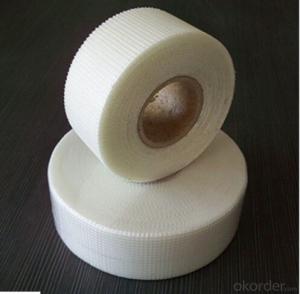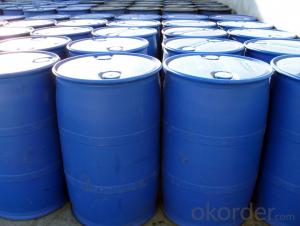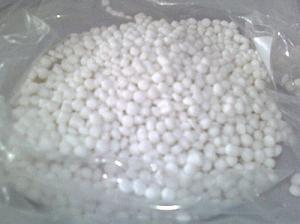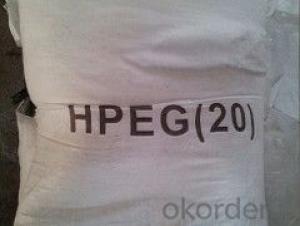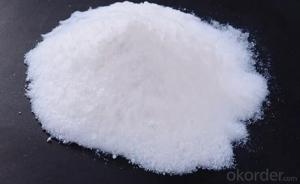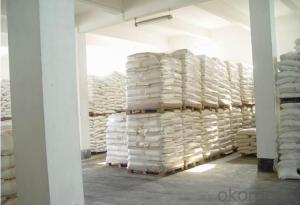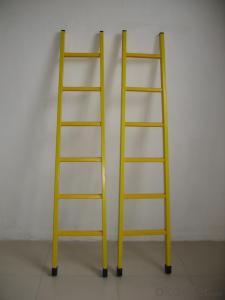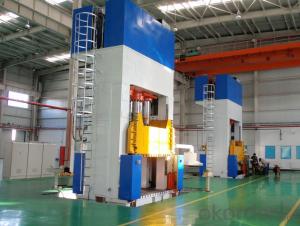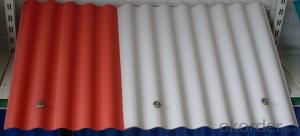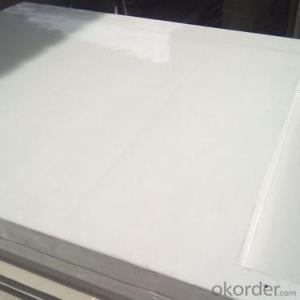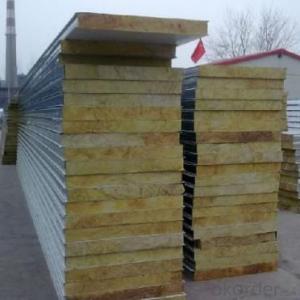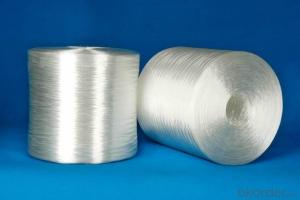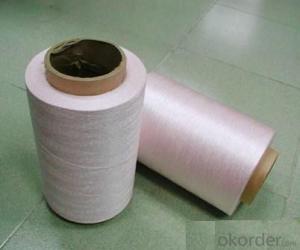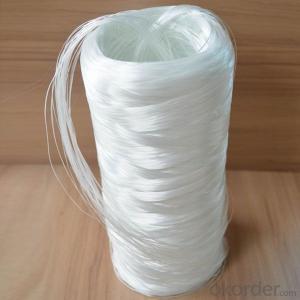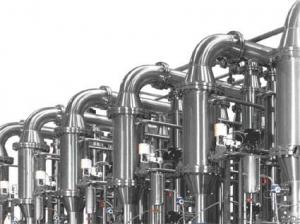All Categories
- - Steel Wire Rod
- - Steel Coils
- - Steel Profiles
- - Steel Pipes
- - Stainless Steel
- - Tinplate
- - Special Steel
- - Steel Sheets
- - Steel Rebars
- - Steel Strips
- - Hot Rolled Steel
- - Cold Rolled Steel
- - Pre-painted Steel
- - Seamless Steel Pipe
- - Welded Steel Pipe
- - Hollow Steel Tubes
- - Galvanized Pipe
- - Stainless Steel Coil
- - Stainless Steel Sheet
- - Stainless Steel Plate
- - Stainless Steel Strips
- - Electrolytic Tinplate Coil
- - Electrolytic Tinplate Sheet
- - Stainless Steel Rebars
- - Solar Panels
- - Solar Water Heater
- - Solar Related Products
- - Solar Inverter
- - Solar Cells
- - Solar Light
- - Solar Energy Systems
- - Solar Controllers
- - Solar Mounting System
- - Solar Pump
- - Solar Chargers
- - Fiberglass Chopped Strand
- - Fiberglass Mesh Cloth
- - Composite Pipes
- - FRP Pultrusion Profiles
- - Fiberglass Mat Tissue
- - Fiberglass Fabrics
- - Fiberglass Mesh
- - Composite Tank
- - Fiberglass Mesh tape
- - Polymer
- - FRP Roofing Panel
- - Fiberglass Roving
- - Monolithic Refractories
- - Ceramic Fiber Products
- - Refractory Bricks
- - Raw Materials For Refractory
- - Suspended Platform
- - Cranes
- - Concrete Machinery
- - Earthmoving Machinery
- - Building Hoist
- - Road Building Machinery
- - Plastic Pipe Fittings
- - Plastic Tubes
- - Plastic Sheets
- - Agricultural Plastic Products
- - Plastic Nets
 All Categories
All Categories
Fiberglass Chopped StrandView More
Fiberglass Mesh ClothView More
Composite PipesView More
FRP Pultrusion ProfilesView More
Fiberglass Mat TissueView More
Fiberglass FabricsView More
Fiberglass MeshView More
Composite TankView More
Fiberglass Mesh tapeView More
PolymerView More
FRP Roofing PanelView More
Fiberglass RovingView More
Q & A
Can fiberglass be used for making protective gear or helmets?
Yes, fiberglass can be used for making protective gear or helmets. Fiberglass is a strong and durable material that can provide excellent impact resistance, making it suitable for protective gear and helmets. It is often used in combination with other materials to create a composite structure that offers enhanced protection while remaining lightweight.
Can fiberglass be used for making electrical panels?
Yes, fiberglass can be used for making electrical panels. It is a commonly used material due to its excellent insulation properties, resistance to corrosion, and durability. Fiberglass panels provide a safe and reliable solution for enclosing electrical components and protecting them from environmental factors.
How do you repair concrete structures using fiberglass materials?
Repairing concrete structures using fiberglass materials typically involves the following steps:
1. Assess the damage: Inspect the concrete structure to determine the extent and nature of the damage, such as cracks, spalling, or delamination.
2. Prepare the surface: Clean the damaged area thoroughly by removing loose debris, dirt, and any existing coatings or sealants. This ensures proper adhesion of the fiberglass material.
3. Apply primer: Apply a suitable primer on the prepared surface to enhance bonding between the concrete and fiberglass material.
4. Cut fiberglass sheets: Cut the fiberglass sheets into appropriate sizes and shapes, ensuring they cover the damaged area and extend beyond it for proper reinforcement.
5. Apply resin: Mix the appropriate type of resin (typically epoxy-based) according to the manufacturer's instructions. Apply the resin onto the damaged area, ensuring it is evenly distributed.
6. Place fiberglass sheets: Carefully place the cut fiberglass sheets onto the wet resin, ensuring they are properly aligned and completely saturated with the resin.
7. Apply additional resin: Apply another layer of resin over the fiberglass sheets, ensuring complete saturation and eliminating any air bubbles or voids.
8. Smooth and shape: Use a roller or brush to smooth out the surface and shape it to match the surrounding concrete.
9. Cure and finish: Allow the repaired area to cure as per the resin manufacturer's instructions. Once cured, sand or grind the surface to achieve a smooth finish that matches the surrounding concrete.
10. Optional: Apply a protective coating or sealant to enhance the durability and longevity of the repaired area.
It is important to note that specific repair techniques may vary depending on the type and severity of the damage, as well as the specific fiberglass materials and resin being used.
What are some common uses of fiberglass in the medical industry?
Some common uses of fiberglass in the medical industry include orthopedic casts, splints, prosthetic limbs, and dental restorations.
How does fiberglass supply react to moisture or water exposure?
Fiberglass supply is generally resistant to moisture or water exposure due to its non-porous nature. It does not absorb water, which helps it maintain its structural integrity even in damp conditions. However, prolonged exposure to water or moisture can lead to the growth of mold or mildew on the surface of fiberglass. Therefore, it is important to take necessary precautions to prevent water accumulation or ensure proper ventilation in areas where fiberglass is installed.
Wholesale Fiberglass Supply from supplier in Bhutan
With our expertise and CNBM's backing, we are committed to delivering high-quality Fiberglass Supply products and services to meet your specific requirements. From construction and infrastructure projects to industrial applications, we have the knowledge and resources to cater to a wide range of industries.
Our team of professionals is dedicated to providing excellent customer service, ensuring that your needs are met with efficiency and professionalism. Whether you require assistance with product selection, technical specifications, or pricing, our sales and technical support staff are here to assist you every step of the way.
Furthermore, our strong network of suppliers and manufacturers allows us to offer competitive pricing and timely delivery. We understand the importance of meeting project deadlines, and we strive to ensure that your orders are delivered on time, every time.
In summary, by choosing us as your Fiberglass Supply partner in Bhutan, you can expect:
- A comprehensive range of Fiberglass Supply products
- Reliable and efficient service
- Competitive pricing and timely delivery
- Expertise and support from a team with years of experience in the Bhutan market
- Access to the enchanting beauty and cultural richness of Bhutan
Contact us today to discuss your Fiberglass Supply needs in Bhutan and let us help you achieve your project goals with the highest quality products and services.
Our team of professionals is dedicated to providing excellent customer service, ensuring that your needs are met with efficiency and professionalism. Whether you require assistance with product selection, technical specifications, or pricing, our sales and technical support staff are here to assist you every step of the way.
Furthermore, our strong network of suppliers and manufacturers allows us to offer competitive pricing and timely delivery. We understand the importance of meeting project deadlines, and we strive to ensure that your orders are delivered on time, every time.
In summary, by choosing us as your Fiberglass Supply partner in Bhutan, you can expect:
- A comprehensive range of Fiberglass Supply products
- Reliable and efficient service
- Competitive pricing and timely delivery
- Expertise and support from a team with years of experience in the Bhutan market
- Access to the enchanting beauty and cultural richness of Bhutan
Contact us today to discuss your Fiberglass Supply needs in Bhutan and let us help you achieve your project goals with the highest quality products and services.
Hot Search
- Fiberglass Chopped Strand in Czech Republic
- Fiberglass Mesh Cloth in Portugal
- Composite Pipes in Mongolia
- FRP Pultrusion Profiles in Sri Lanka
- Fiberglass Mat Tissue in India
- Fiberglass Fabrics in Vietnam
- Fiberglass Mesh in Belize
- Composite Tank in Russia
- Fiberglass Mesh tape in Malta
- Polymer in Maldives
